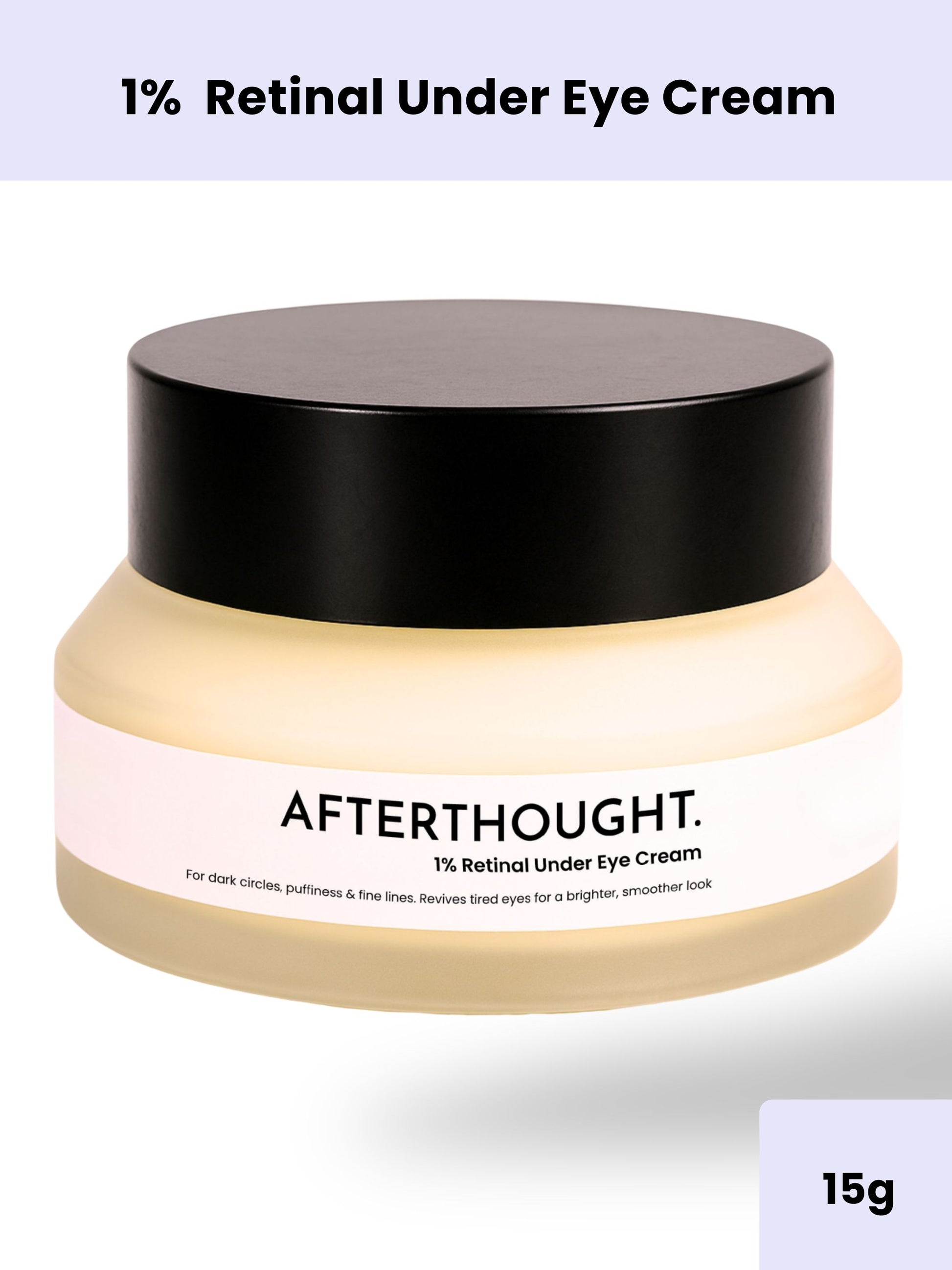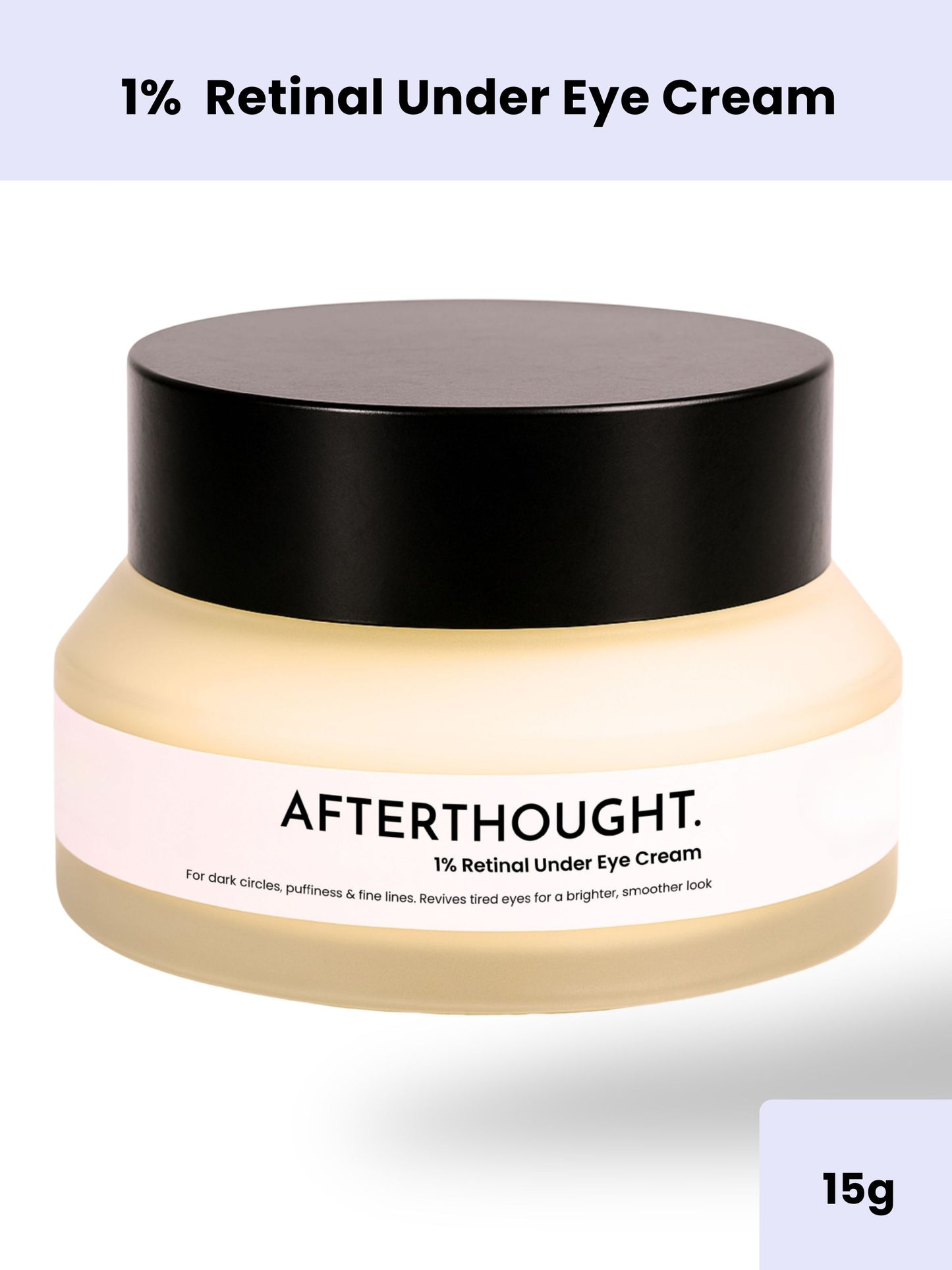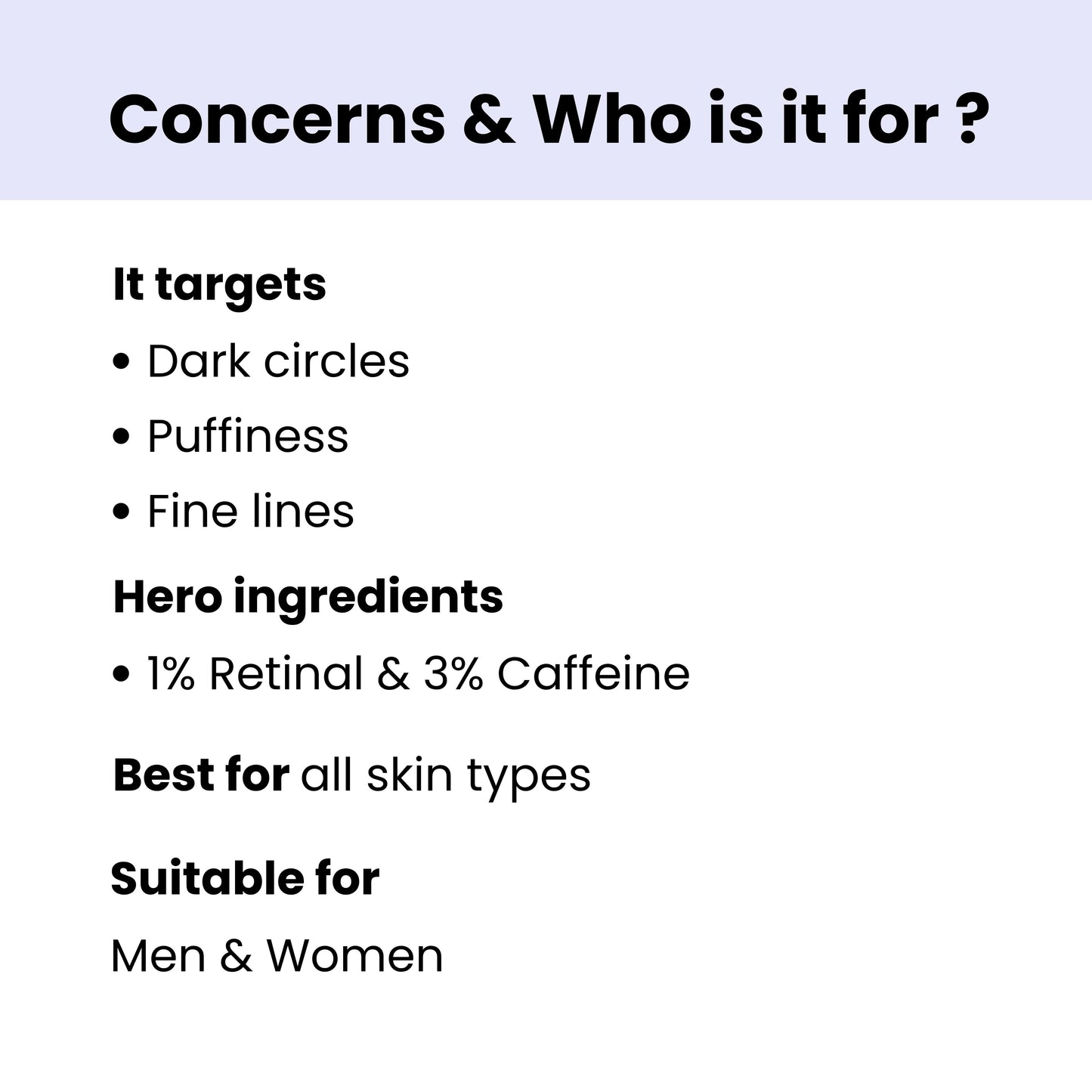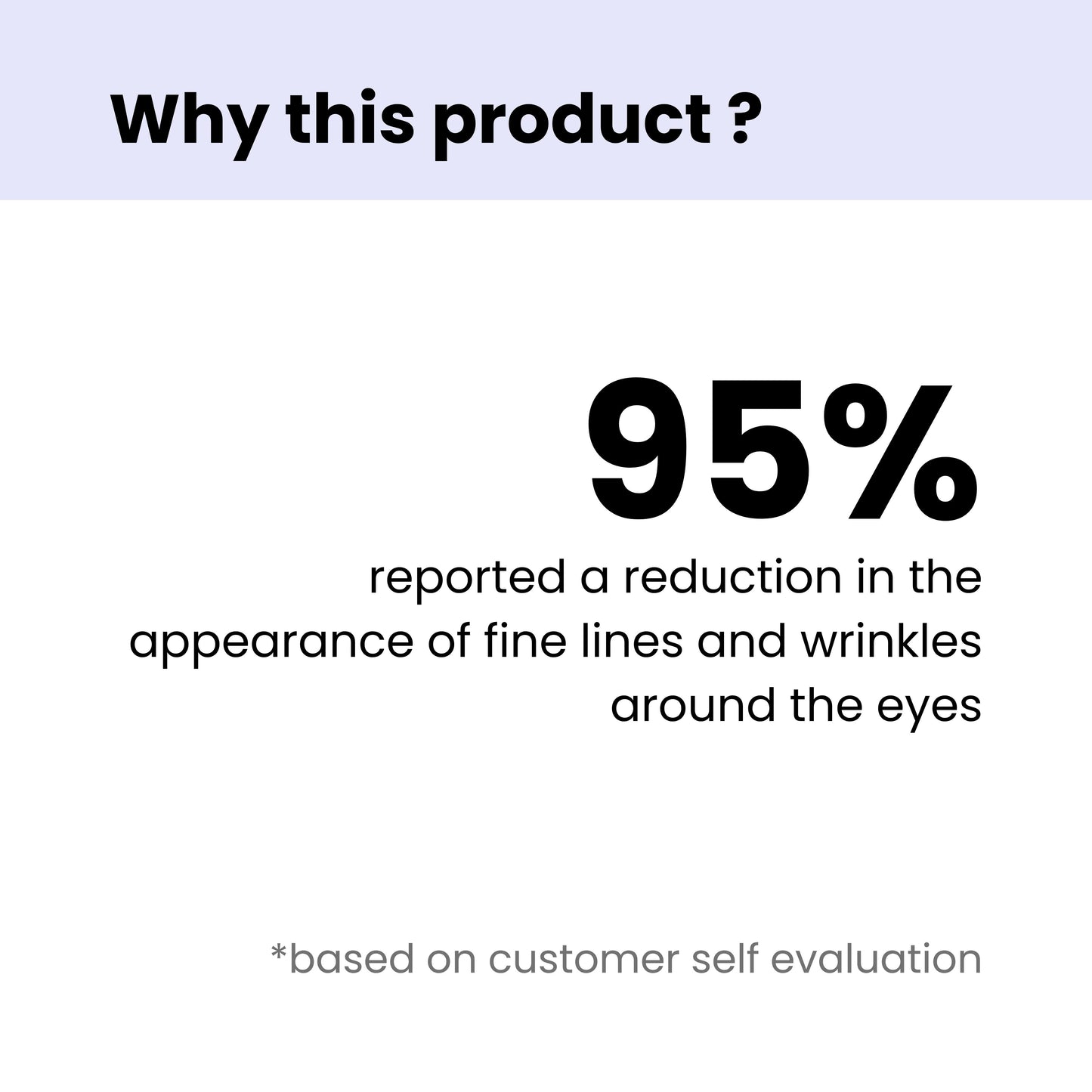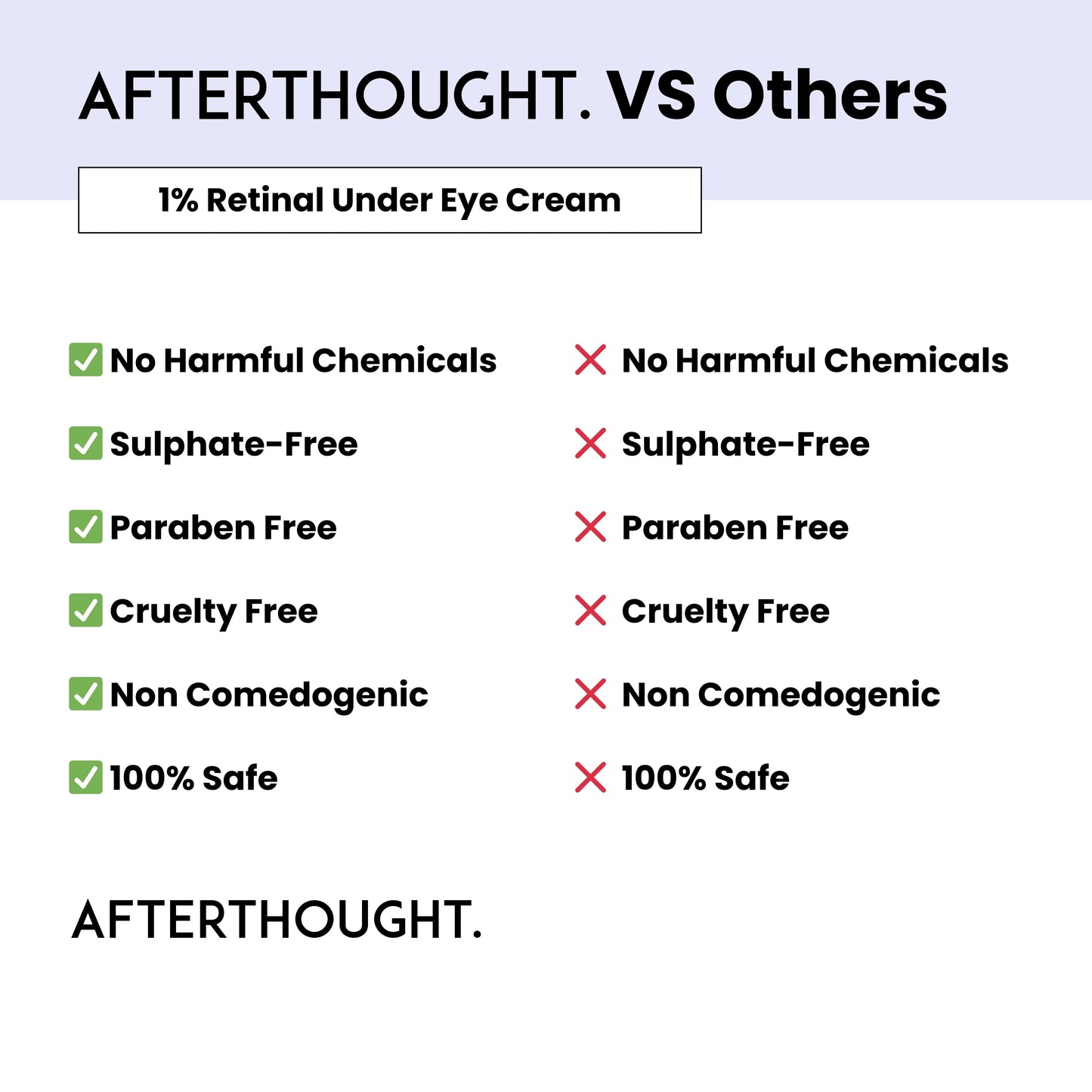Should You Use Retinol Every Night? Understanding The Benefits and Risks.
Using retinol in your skincare routine can yield significant benefits, but the frequency of use depends on various factors. In this blog article, we will explore the advantages and considerations of using retinol, guiding you to make an informed decision about incorporating it into your nightly regimen. Welcome to Afterthought.
What is Retinol?
Retinol, a derivative of Vitamin A, is a powerful ingredient renowned for its ability to improve skin texture, reduce the appearance of fine lines, and promote a youthful glow. It accelerates cell turnover, helping to shed dead skin cells and stimulate the production of new ones. This process can lead to smoother, more radiant skin over time.
Benefits of Retinol
1. Anti-Aging Properties
Retinol is celebrated for its anti-aging benefits. It can diminish fine lines and wrinkles by stimulating collagen production. As collagen levels increase, skin becomes firmer and more elastic, giving it a youthful appearance.
2. Improves Skin Texture and Tone
By promoting cell turnover, retinol helps to even out skin tone and texture. It can fade dark spots, hyperpigmentation, and acne scars, resulting in a more uniform complexion.
3. Acne Treatment
Retinol is effective in treating acne by preventing the clogging of pores. It reduces the occurrence of breakouts and helps clear up existing acne, leaving skin clearer and healthier.
Should You Use Retinol Every Night?
The decision to use retinol every night depends on your skin type, sensitivity, and how your skin reacts to the ingredient. Here are some key considerations:
1. Skin Sensitivity
Retinol can cause irritation, especially for those with sensitive skin. Common side effects include redness, dryness, and peeling. If you have sensitive skin, it’s advisable to start with a lower concentration and gradually increase usage. Using it every other night or a few times a week can help your skin acclimate without overwhelming it.
2. Concentration Matters
Retinol products come in various concentrations. Beginners should start with a lower concentration (0.25% or 0.5%) to minimize the risk of irritation. Once your skin builds tolerance, you can consider higher concentrations for enhanced results.
3. Moisturization is Key
To counteract dryness and irritation, pair retinol with a good moisturizer. Applying a hydrating product before and after retinol can help maintain your skin’s moisture barrier.
4. Sun Protection
Retinol can make your skin more sensitive to the sun. Always apply sunscreen during the day, even if you use retinol at night. This will protect your skin from UV damage and prevent further irritation.
How to Incorporate Retinol into Your Routine
- Start Slow: Begin by using retinol once or twice a week. Monitor how your skin responds before increasing frequency.
- Cleanse and Dry: Cleanse your face thoroughly and ensure it’s completely dry before applying retinol. Damp skin can enhance the absorption of retinol, potentially increasing irritation.
- Pea-Sized Amount: A small, pea-sized amount of retinol is sufficient for your entire face. Avoid applying it near the eyes and mouth where the skin is thinner and more sensitive.
- Follow with Moisturizer: Apply a gentle, hydrating moisturizer to lock in moisture and reduce the risk of dryness.
- Gradual Increase: As your skin builds tolerance, you can gradually increase the frequency of use. Listen to your skin and adjust accordingly.
When to Avoid Retinol
There are certain situations where you should avoid using retinol:
- Pregnancy and Nursing: Retinol is not recommended during pregnancy and breastfeeding due to potential risks to the baby.
- Severe Irritation: If you experience severe redness, peeling, or discomfort, discontinue use and consult a dermatologist.
- Concurrent Exfoliants: Avoid using other exfoliating products, such as AHAs or BHAs, alongside retinol to prevent excessive irritation.
Conclusion
Retinol can be a transformative addition to your skincare routine, offering numerous benefits from anti-aging to acne treatment. However, it’s crucial to introduce it gradually, paying close attention to your skin’s response.
For many, using retinol every night might be too aggressive initially. Starting with a lower frequency and concentration, coupled with proper moisturization and sun protection, can help you achieve the desired results without compromising your skin’s health.
Remember, skincare is personal, and what works for one person may not work for another. Consulting with a dermatologist can provide personalized advice tailored to your skin’s needs. By understanding your skin and adjusting your retinol usage accordingly, you can enjoy the remarkable benefits this potent ingredient has to offer.
Also Read: Is SLES Harmful?


